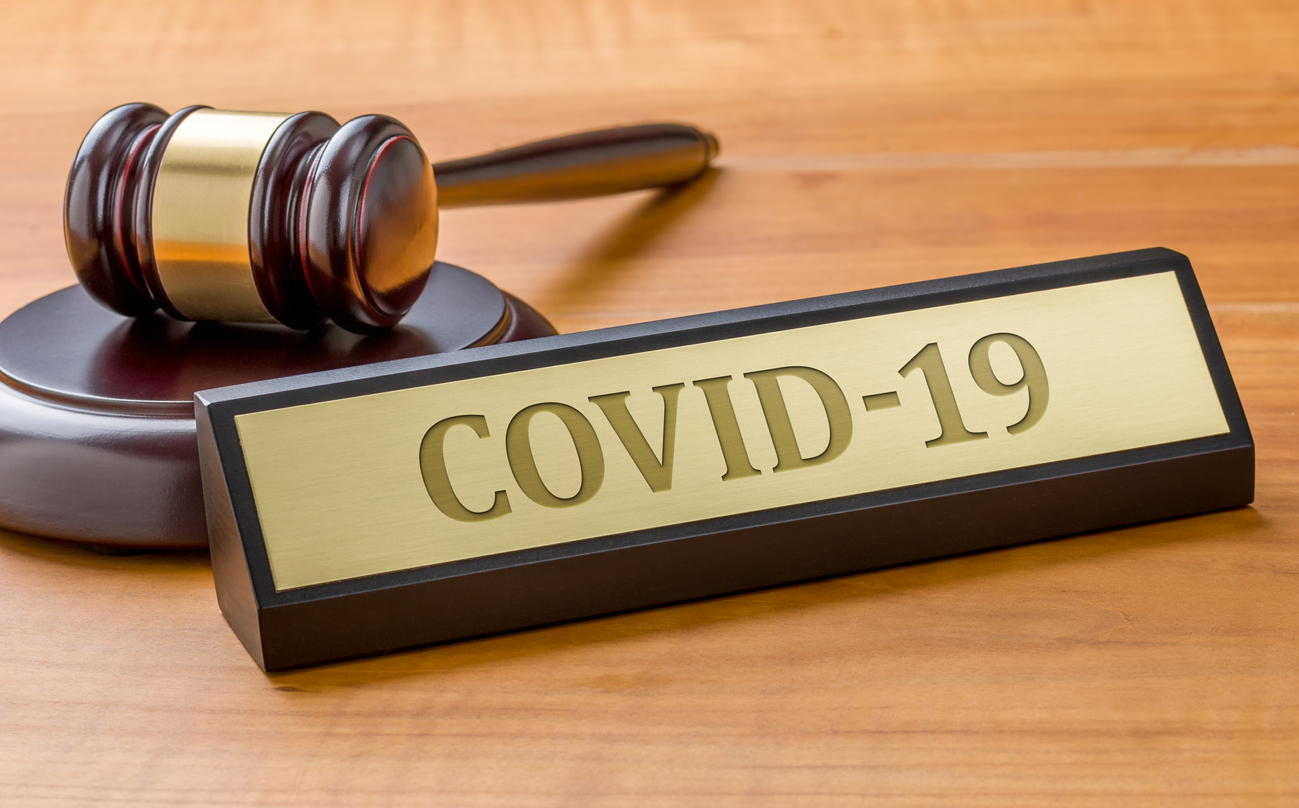(Note: This Guest Blog is by Michelle Claverol, an attorney with Merlin Law Group in the Coral Gables, Florida, office. This is the sixth part in a series she is writing on business interruption claims).
A very insightful reader posted this comment to my blog last week, Understanding Business Interruption Claims, Part 5:
I’d guess that many small businesses, such as mom and pop stores, independent contractors, sales agents etc might not be able to benefit from this ruling if they don’t project forward. Many small business owners are not trained in business management, and might not be aware of techniques they can use to plan their business success.
Could the small business owner therefore have difficulty making a claim for projected earnings and expenses if they don’t have a business plan?
I agree. Some mom and pop stores and small businesses may not be able to generate fancy projected earning and expense reports with pretty graphs, etc. However, as a matter of law, a carrier cannot deny a claim for a small business’ inability produce or generate these documents.
As a matter of Florida law, business interruption losses should be determined in a practical way, having regard for nature of business and methods employed in its operation, in order to give practical effect to intentions of parties and purpose of insurance as evidenced by terms, conditions, and provisions of policy. See, Travelers Indem. Co. v. Kassner, 322 So.2d 80 (Fla. 3rd DCA 1975).
The holding in Travelers does not mean that “anything goes” in business interruption claims. A speculative claim will never be covered by a policy and it is always the insured’s burden to provide competent proof of an actual monetary loss as a result of the suspensions of its operations.
In order to avoid this evidentiary pitfall, small businesses should consider retaining forensic accountants to help them review their financial statements and general business objectives and prepare reports in support of their claim.


